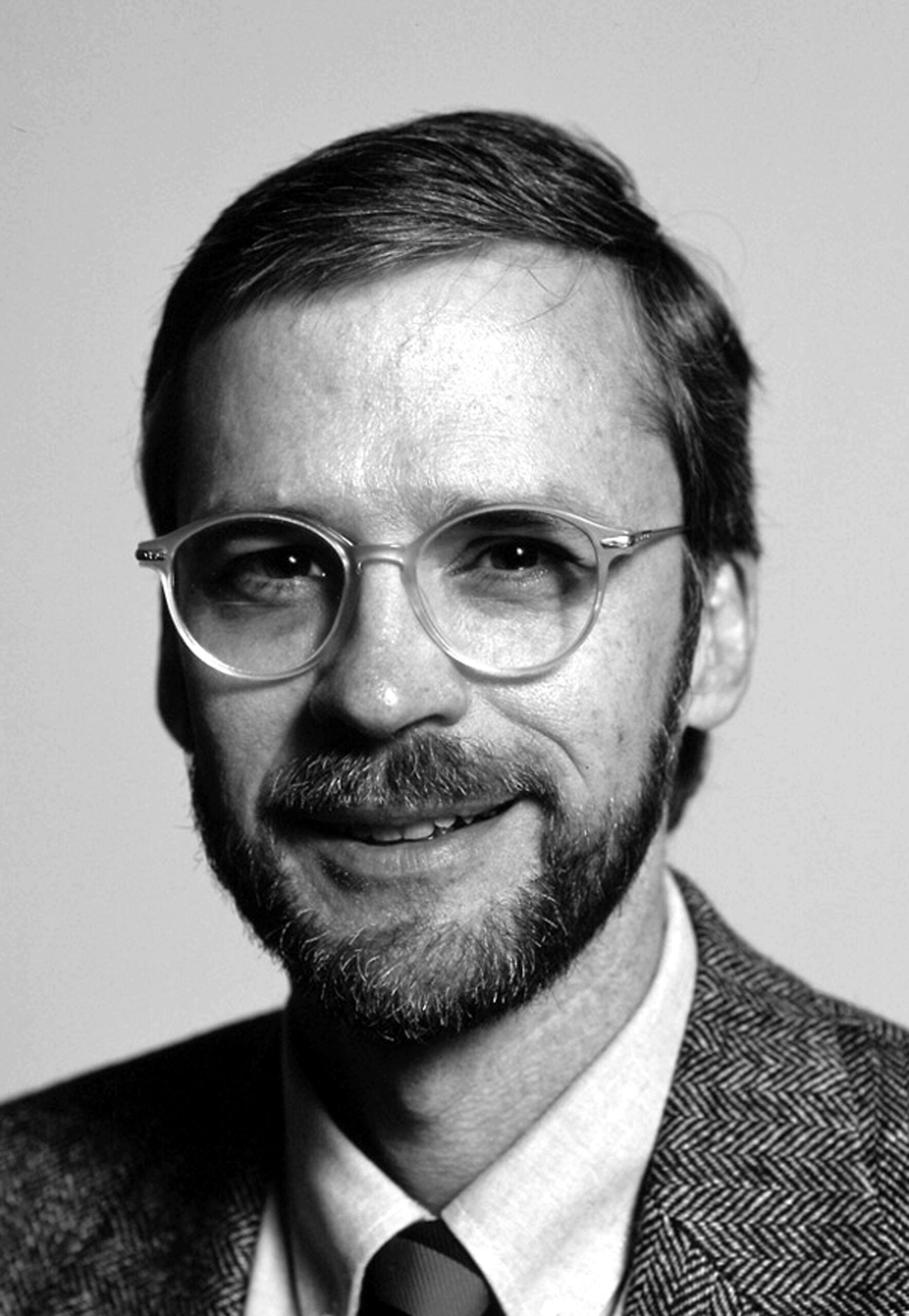In what Dean Robert Clark ’72 called a “stunning addition” to the criminal law faculty, University of Virginia Law School Professor William Stuntz will move north to Harvard in July.
“Stuntz is renowned across the country as a brilliant and systematic scholar of criminal procedure,” Clark said last fall in announcing Stuntz’s appointment. “His pathbreaking work in this field is unusual for its grounding in empirical research.”
Stuntz said his research focuses on the institutional design of the United States’ “horribly diseased” criminal justice system. “It does a bad job of controlling crime; it does a bad job of limiting misconduct by police and prosecutors; and it does a bad job of separating the innocent from the guilty,” Stuntz said. “The answers, I believe, lie not in the kinds of debates about constitutional law we usually have, and not in new policing strategies that are all the rage these days, but in the way the relevant institutions are structured.”
A native of Annapolis, Md., Stuntz studied English and History at the College of William and Mary and attended the University of Virginia School of Law. He then clerked for a federal district court judge in Pennsylvania and Supreme Court Justice Lewis F. Powell, Jr. before joining the University of Virginia law faculty in 1986.
Stuntz said he is currently finishing a book on “over-criminalization.” The book attempts to explain why American criminal law is so broad and continues to get broader.
“American criminal codes are like Sherwin-Williams paint: They cover the earth,” Stuntz said. “This is why, for example, independent counsels can generally find something on the politicians they investigate. And that’s an example of the cost of having very, very broad criminal laws. It gives prosecutors extraordinary power to punish those whom they wish to punish.”
Off campus, Stuntz has lectured to law enforcement officials at the FBI’s training facility in Quantico, Va. He has also taught short courses on Christianity and legal theory at the Center for Christian Study in Charlottesville, Va. “It’s fair to say that there aren’t very many serious Christians in legal academics,” Stuntz said. “As a result, legal theory is relentlessly, even aggressively, secular.”
Stuntz said he’ll miss Virginia but added that he’s looking forward to joining the Harvard Law faculty and living in Boston. He caught a glimpse of HLS while teaching first-year criminal law as a visiting professor during the fall 1998 semester. “Harvard is an exciting place, and I’m excited to be able to be a part of it,” Stuntz said. “Among other things, I’m really looking forward to seeing some games at Fenway Park – while there still is a Fenway Park.”
